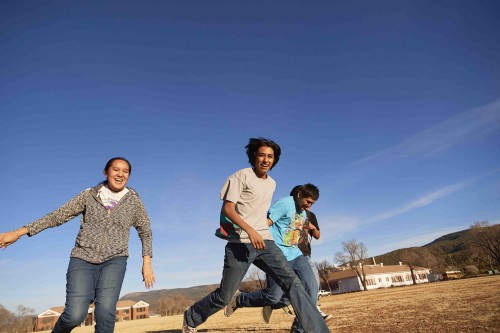
American Indian adolescents and young adults ages 13-24 have the highest rates of gonorrhea and chlamydia among all minority populations in the United States. Self-management of one’s own sexual health care, including non-clinic-based alternatives to complete screening for sexually transmitted diseases (STD), have been shown to increase access to care and hold promise for reducing the rate of news STDs in tribal communities. Specifically, self-care programs that allow for youth and young adults to learn about what behaviors put them at risk for STDs and that connect them to private, confidential STD screening are essential to promoting sexual health resilience and preventing transmission of STDs.
About Protecting Our Future Generation
Protecting Our Future Generation (POFG) is a self-care intervention designed by the Center which seeks to increase protective sexual health practices, such as condom use, and connects participants with self-administered STD screening. POFG is being evaluated by a randomized controlled trial with 450 youth and young adults between the ages 14-26. This study builds on past research conducted by the Center showing that youth and young adults in rural, reservation-based communities prefer self-administered STD screening over having to visit a clinic and that conducting self-administered STD screening at home is feasible and acceptable.
Funders and replication partners: This project is supported by the Native American Research Centers for Health, of the National Institutes of Health.